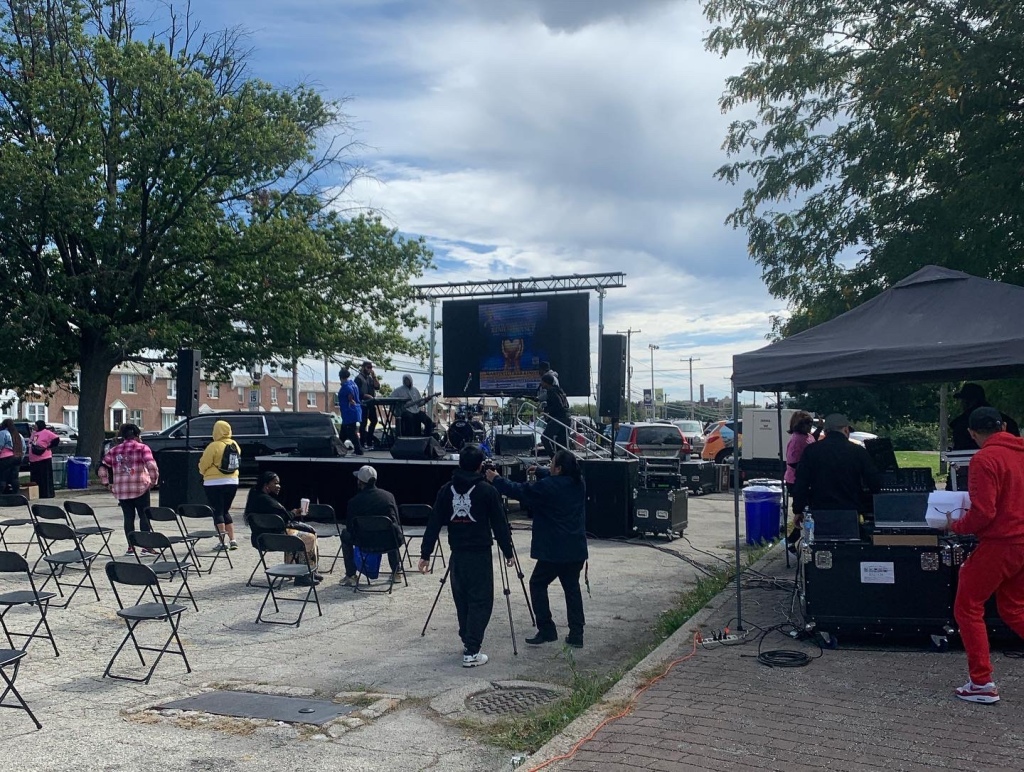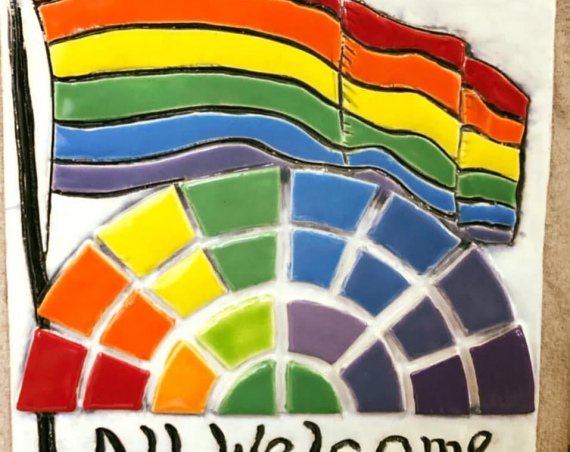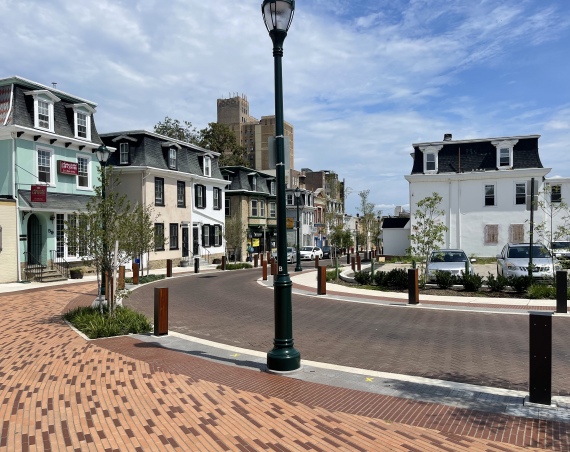
Two local organizations in Germantown are organizing to give people with criminal records a chance to get them completely erased or expunged from their record at their expungement clinics, even if their record is decades old.
Every Murder is Real (EMIR) and the Philadelphia Lawyers for Social Equity (PLSE) partnered to host an expungement clinic at Martin Luther King School in Germantown on the last Saturday in September. And they plan to hold more by the end of the year. It’s one step to helping community members live their best lives, and possibly prevent future violent crime.
“It’s liberating,” said Aja King, the programming coordinator at EMIR, who also said that people not only feel free, “they feel positive” without a record hindering them.
“I had met one lady [who had] this record since 1989. And she was so happy to have this opportunity, because it was holding her back from getting an apartment,” said King.
Andrea Lindsay, director of Strategic Initiatives from PLSE, explained that through their intake process, people can learn more about how record expungement works and will have an opportunity to view their record.
“It’s not going to necessarily show everything but it’s a really great way to get a sense of what’s out there about your record, and then have an opportunity to connect that with our services moving forward to take some steps to actually clear that record,” she said.
Not every record can be cleared. In Pennsylvania, felonies and records with convictions are not up for expungement, with exceptions and possible pardons from the governor. And after the initial clinic, the entire process of getting a judge to sign the order and the police department to confirm it can take up to two years or more.
Pennsylvania residents under the age of 70 must first move through the clemency process if they have a conviction (meaning the person was found or pled guilty). Clemency is the process in which the Board of Pardons makes recommendations to the Governor on whether the conviction should be pardoned. If the Governor pardons the conviction, then the record is eligible for expungement.
The process is worth it for so many folks whose records have been holding them back from basics like getting new housing, employment, and volunteering.
Lindsay says there’s also evidence showing that clearing records can help prevent violent crime in the future.
“There have been studies that show that recidivism is connected to the ability of somebody to get a job. That if they are denied an opportunity for employment, they’re going to find other ways to meet their needs. So clearing your record is not going to be an overnight solution. But it is part of a long term and holistic picture for what needs to happen to improve the health of our communities.”
“And it allows people to have hope,” Lindsay continued. “There’s a real sense of despair that can come from being denied opportunity after opportunity and again it’s just because of your criminal record. And I think being able to allow people to be their fullest selves is part of this big picture of what a vibrant and healthy community really looks like.”
King and EMIR’s team understand the value of keeping clinics free. King says they know poverty and lack of opportunities is one root cause of gun violence. It’s part of the holistic approach EMIR uses, she said, in helping the entire family affected by gun violence, and providing more opportunities. King said the last time they held expungement clinics she had at least 30 people lined up within 30 minutes. She still gets calls on a regular basis asking when they will host another one.
Expungement is one part of the clemency process, said Lindsay. It’s likely that folks will also have to apply for a pardon and it’s another part of the process that PLSE supports.
“What’s exciting about the clemency process is that there’s an opportunity to really tell your story, to be able to say, here are all of the ways that my record has affected me. Here’s what I’ve learned through going through this experience. But here are also my dreams.”
“And it’s an opportunity to put that together in a way that will allow you to really move forward in a more empowering way that says, this is who I am, and that’s something that we really want to support people with. We encourage people to apply for pardons and we support people in that pardoned process in addition to the expungements.”

Germantown Info Hub is one of more than 20 news organizations producing Broke in Philly, a collaborative reporting project on economic mobility. Read more at brokeinphilly.org or follow at @brokeinphilly.



